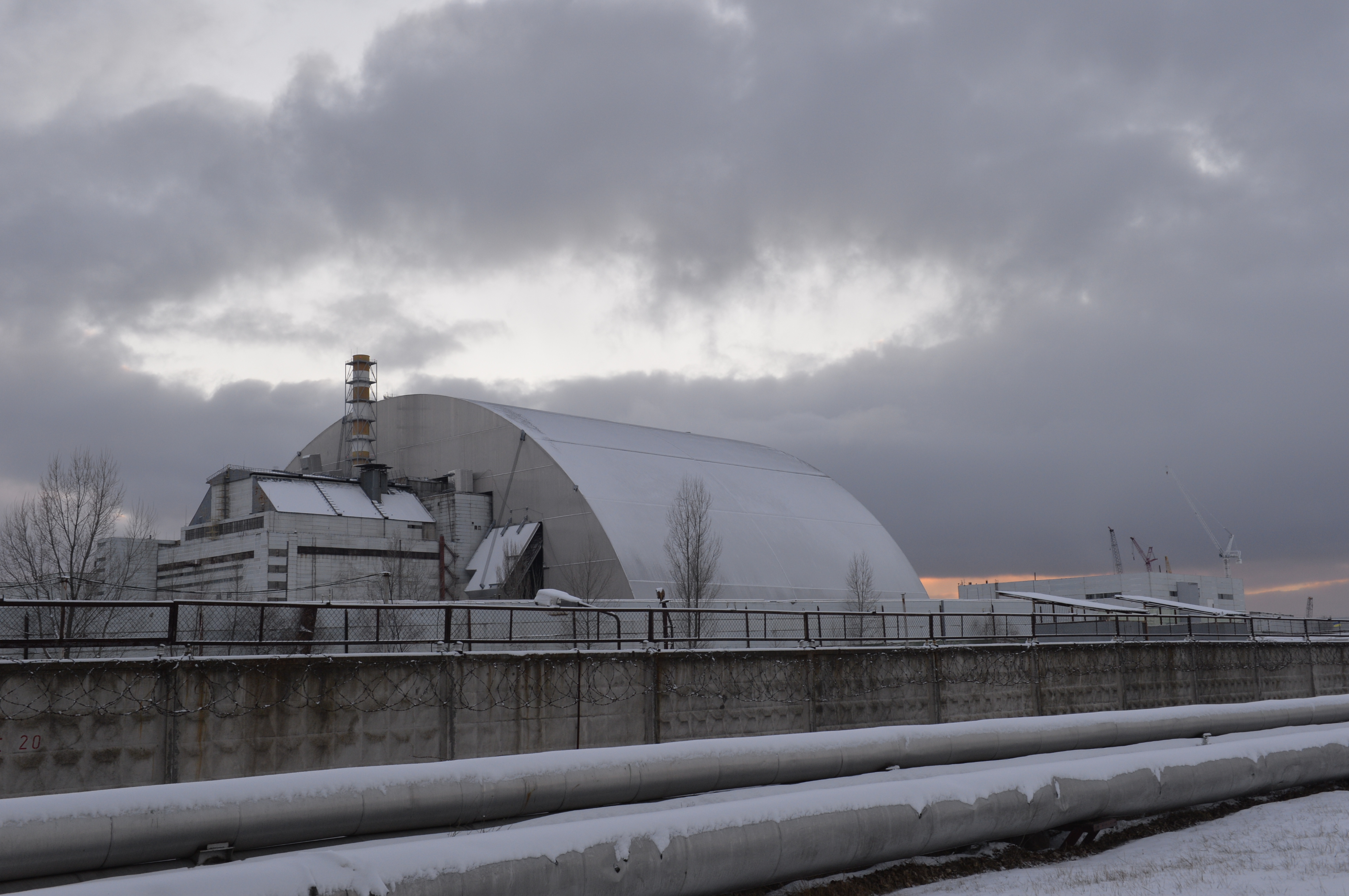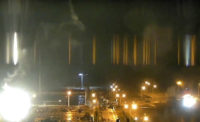Wanted for the nuclear powerplant industry: skilled engineers with experience in nuclear plant construction. Gray hair welcome.
As a decades-long lull in nuclear plant construction gives way to a new generation of reactors slated to come online in the U.S. and around the globe, the industry is scrambling to get top engineering talent to join and lead major projects.
Recruitment was one of the key themes to emerge during the Construction Users Roundtable’s (CURT) annual meeting, which focused on nuclear safety and was held in Orlando, Fla., on Nov. 8-10. No question, executives attending the CURT conference said, key challenges now facing the industry are hiring, developing and—perhaps most important—retaining talent for nuclear plant construction.
“We kind of lost our construction legs,” said Ashok S. Bhatnagar, senior vice president in the nuclear generation division of the Tennessee Valley Authority, during a panel discussion. Licensing of new plants hit a lull in the 1980s due to safety and quality issues that bedeviled a rush to build, he recounted. Now that a new, more safety-focused generation of plants are under construction, the industry is on the hunt to recruit more talent.
The TVA is recruiting at many two-year and four-year colleges to pair with experienced talent, added Mark Hellstern, general manger of nuclear construction oversight for the authority. In addition, the industry is building smaller reactors using modularization techniques that minimize the head count on projects.
“Interest in new plants is global,” said Nick Mulig, manager of containment-vessel programs for Westinghouse Nuclear. Its AP 1000 pressurized water reactors are part of Southern Co.’s Vogtle Nos. 3 and 4 projects in Georgia. He cited the U.S., China and the United Arab Emirates as the most active regions and characterized Poland, India and the U.K. as near-term opportunities.
The key is quality assurance, added TVA’s Bhatnagar. “If you lose quality, [projects] will come to a halt, with an estimated $2-million daily burn rate. If you value your money, you will keep [quality assurance] in check.”




Post a comment to this article
Report Abusive Comment